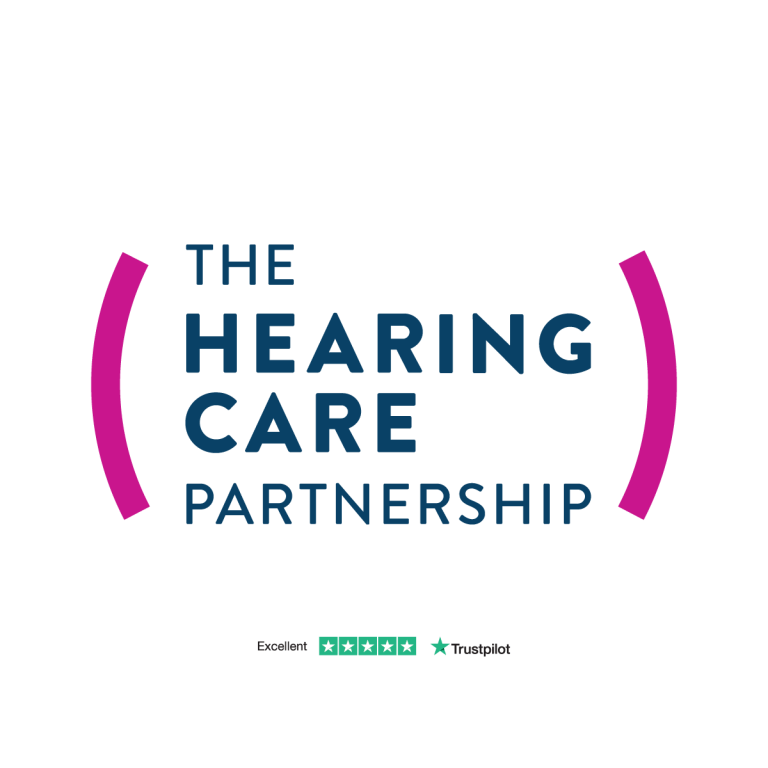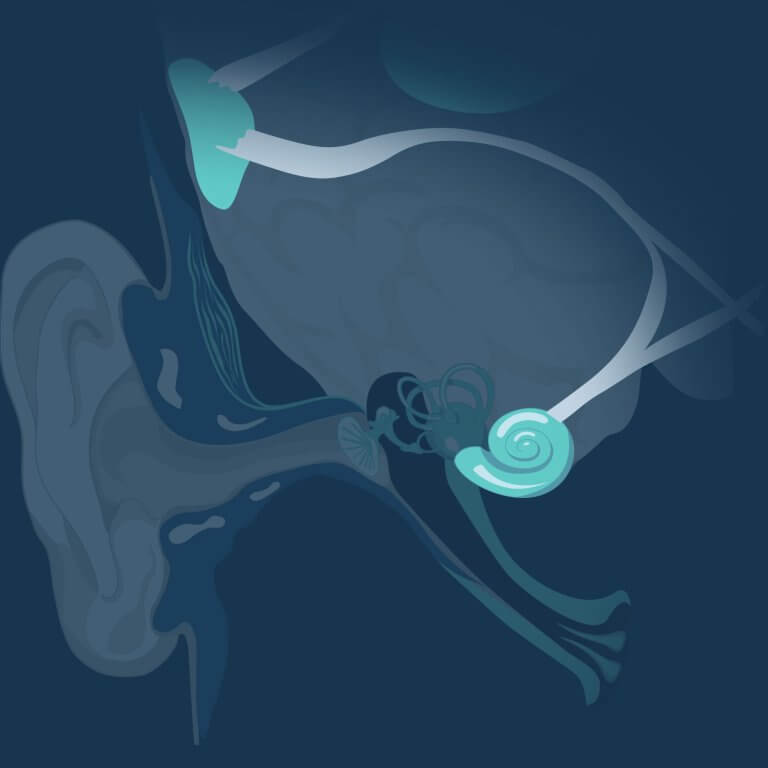
Hearing Care - Mar 2024

At the Hearing Care Partnership, we pride ourselves on delivering a great service by highly trained clinicians, using the latest technology to not just remove the wax from your ears, but to assess and support your ongoing hearing and ear health.
Our clinicians are all trained in ear wax removal using BSA-approved courses, giving them the skills needed to assess your ear health and safely remove your ear wax. All our audiologists are also registered with the Health and Care Professions Council (HCPC).
Our ear wax removal service is subject to a flat fee of £70, regardless of whether wax is removed from one ear or two. What’s more, your hearing health check is included at no additional cost.
The Hearing Care Partnership is never far away! With over 400 locations across the UK, we can see you in your home town or even your UK holiday destination, with the same care and clinical standards throughout.
We will assess the health of your ears and hearing
We will have a review of your medical history
We will discuss the tinnitus and may well do a questionnaire to assess the impact the tinnitus is having on your quality of life
We will discuss the various management techniques to determine what may best help you and alleviate the effects of the tinnitus

Our tinnitus consultations are free, with no obligation to pay for further care. We’re simply here to help! If hearing aids are recommended, then this is a decision you and your audiologist can discuss, so you can decide what is best for you.

Tinnitus is usually associated with ringing in the ears. But it can actually be any type of sound that is heard that doesn’t come from an external source. This could be humming, buzzing, ringing, hissing or whistling for example.
Some people even get ‘musical’ tinnitus, which sounds like a familiar tune being played inside their head, while ‘pulsatile’ tinnitus is a type of tinnitus where the sound pulsates in time with your heartbeat.
If you have tinnitus, you will be experiencing unexplained noises in one or both ears. Or the noises could seem like they’re right in your head.
Ringing is the most common noise, but they can also manifest as:
If you’re concerned you have tinnitus but aren’t sure, the best thing to do is to come in for a free tinnitus consultation. Our expert audiologists will go through some tests and come up with a personalised plan to manage your symptoms.

Sadly, we’re yet to find a cure for tinnitus. But don’t worry! There are plenty of ways to manage the condition so it doesn’t bother you in your day-to-day life.
The first and most important thing to do is to get regular hearing checks. Since tinnitus can’t be cured, the best thing to do is find it early so that you can start managing it as soon as possible and prevent it affecting your lifestyle.
There’s a chance that your tinnitus could be caused by a build-up of earwax inside your ear canal. At The Hearing Care Partnership we offer flat-fee earwax removal for £70 in-practice. We use the very latest and safest removal techniques to ensure quick and painless tinnitus relief.
For those who have a hearing loss and tinnitus, addressing any underlying hearing loss with hearing aids can bring indirect relief to the tinnitus itself. So, although we can’t reduce the tinnitus directly, we can change how you perceive it and provide some comfort by helping you hear better with hearing aids. The British Tinnitus Association lists this as one of the best ways to cope with tinnitus.
This uses natural background sounds like rain or birdsong to distract your brain from the tinnitus noises. These days, this can even be a feature that’s included in your hearing aids – how cool is that!
Tinnitus can often be stressful and difficult to live with, and added stress will only exacerbate the condition. So CBT focuses on controlling negative feelings surrounding tinnitus, making the noises become less noticeable.
A combination of both sound enrichment and CBT, this helps you to focus on relaxing natural sounds and ignore your tinnitus.

Book a free tinnitus assessment by scheduling a full hearing assessment.

Call us on 0800 52 00 546. Lines are open Monday – Saturday 08:30 – 17:00.
Tinnitus can be caused by various factors, but the exact underlying mechanisms are not fully understood. Here are some of the main potential causes of tinnitus:
While these are some of the known potential causes, in many cases, the underlying reason for tinnitus remains unknown. The perception of tinnitus is thought to involve abnormal neural activity and interactions between the auditory cortex and other brain regions.
If you suffer from hearing loss, you might be more susceptible to tinnitus too. That’s because you might not be able to hear regular background noises that would usually mask tinnitus sounds.
While tinnitus itself is not a disease, it can have a significant impact on your quality of life. Common side effects include stress, anxiety, sleep disturbances, and difficulty concentrating.
Currently, there is no known cure for tinnitus, but there are effective management strategies that can help reduce the impact of the condition on your daily life.
Yes, it’s possible to experience tinnitus in only one ear, although it’s more common to have it in both ears.
The duration of tinnitus can vary greatly. For some, it may be a temporary condition, while for others, it can be a chronic, lifelong issue. The key is to seek professional help and explore management strategies to improve your quality of life.

Hearing Care - Mar 2024

Hearing Care - Nov 2025

Hearing Care - Jan 2023

Hearing Care - Nov 2024